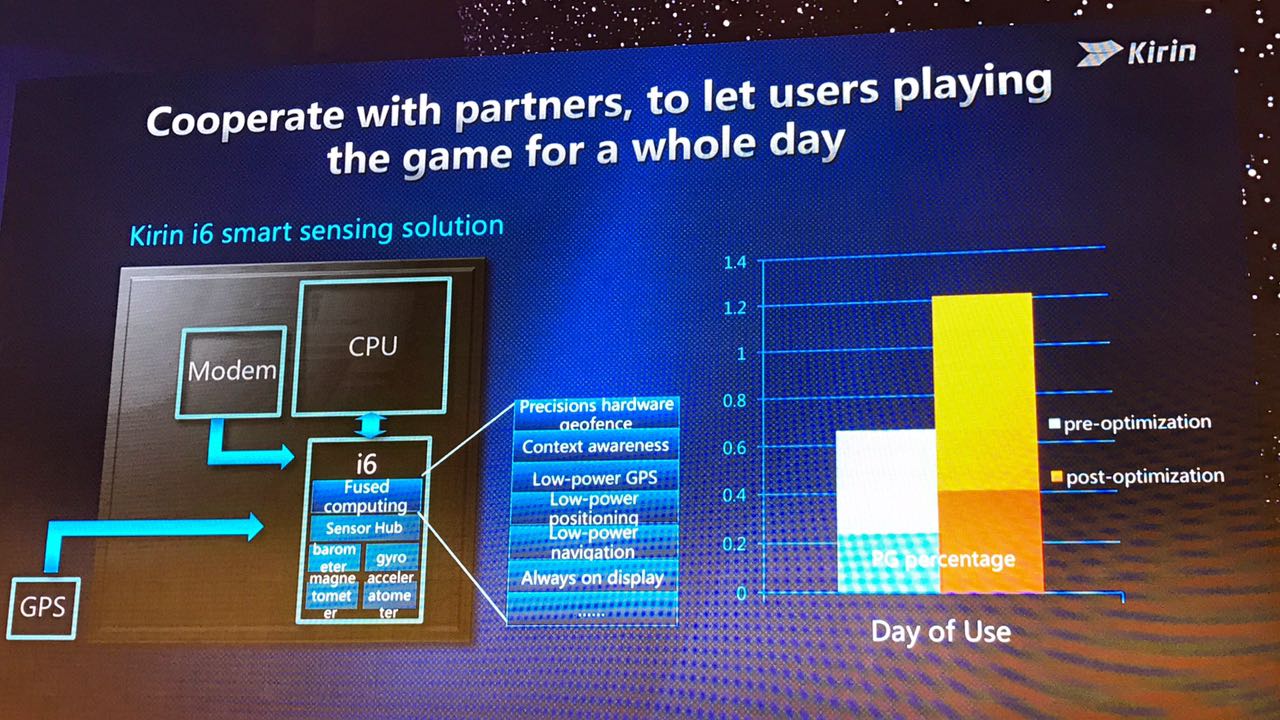Huawei's new chip is designed to create the perfect phone for Pokemon Go
Just a bit late, eh?

Huawei has unveiled the latest powerful chipset for its forthcoming flagship phones – and has promised it'll cater for future crazes in AR gaming.
The Kirin 960 – widely rumored to power forthcoming flagship Huawei phones like the Mate 9 and P10 – comes with the expected raft of upgrades, but among the most interesting is the ability to shove the major power-draining elements of GPS and extended screen use onto a low power core.
This means that, instead of the main engine of the phone doing loads of work just to make sure you're near the latest 'mon, a much smaller part of the brains will be required, which Huawei claims will enable all-day play.
More than that
There's obviously a lot more going on with the new Kirin chipset – the chip made by Huawei for its handset brands – than just improving AR gameplay.
It's also got beefed-up security for acceptance by financial institutions in China – and Huawei told TechRadar that it's aiming to get the same confirmation for European and US banks too.
The octa-core Kirin 960, based on the new ARM Cortex A73 processor, is also created to facilitate new VR performance, capable of offering smooth, 90fps virtual reality from a QHD screen with less than 18ms latency. In short, it should be pretty smooth at a higher resolution.
The other enhancements include greater efficiency to enable longer battery life, improved ability to handle high-res images from dual cameras, and better audio performance for both call clarity and music in future handsets.
Sign up for breaking news, reviews, opinion, top tech deals, and more.
Huawei alluded to a mystery handset during the launch (even showing a boxed out device when comparing the image-capturing power of the chipset to that of an iPhone 7 Plus), so chances are we'll see it used pretty soon.

Gareth has been part of the consumer technology world in a career spanning three decades. He started life as a staff writer on the fledgling TechRadar, and has grew with the site (primarily as phones, tablets and wearables editor) until becoming Global Editor in Chief in 2018. Gareth has written over 4,000 articles for TechRadar, has contributed expert insight to a number of other publications, chaired panels on zeitgeist technologies, presented at the Gadget Show Live as well as representing the brand on TV and radio for multiple channels including Sky, BBC, ITV and Al-Jazeera. Passionate about fitness, he can bore anyone rigid about stress management, sleep tracking, heart rate variance as well as bemoaning something about the latest iPhone, Galaxy or OLED TV.